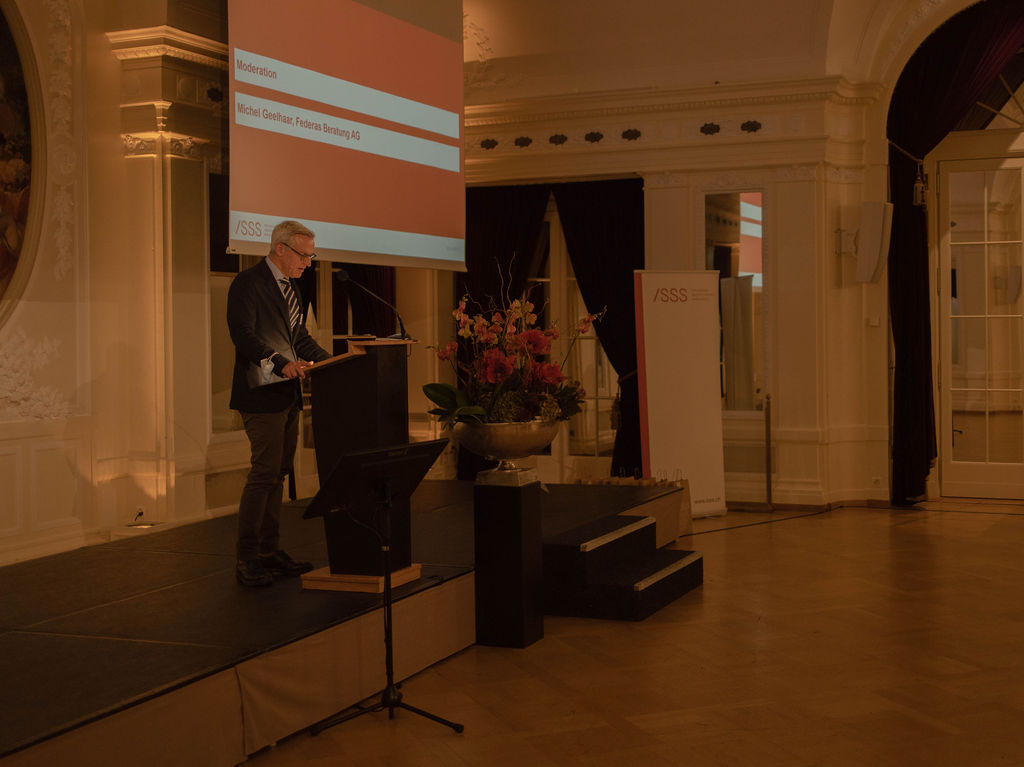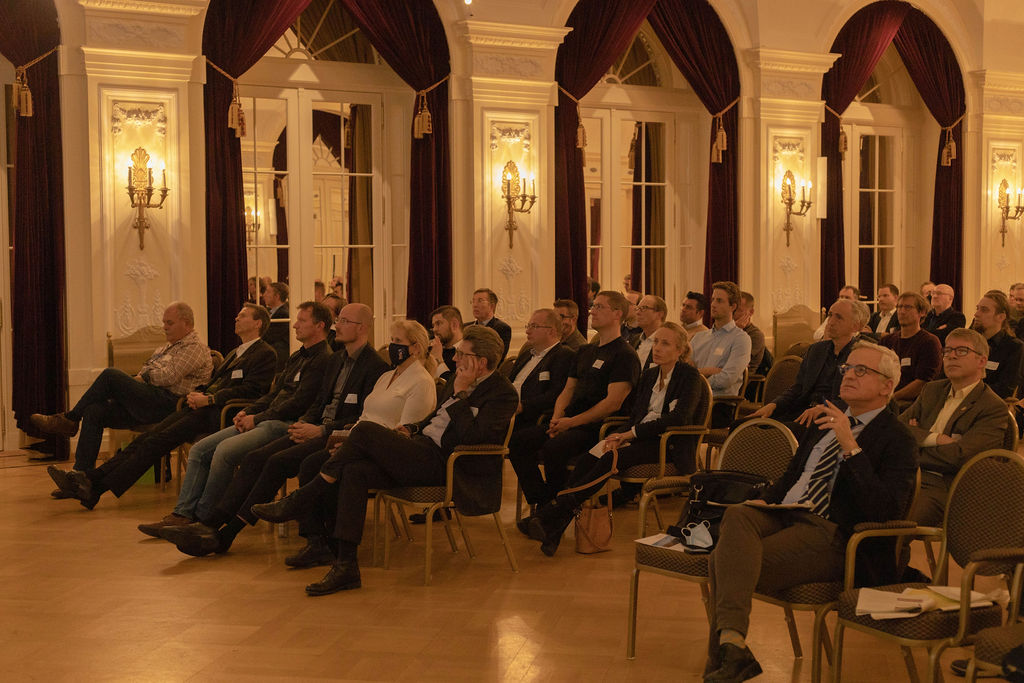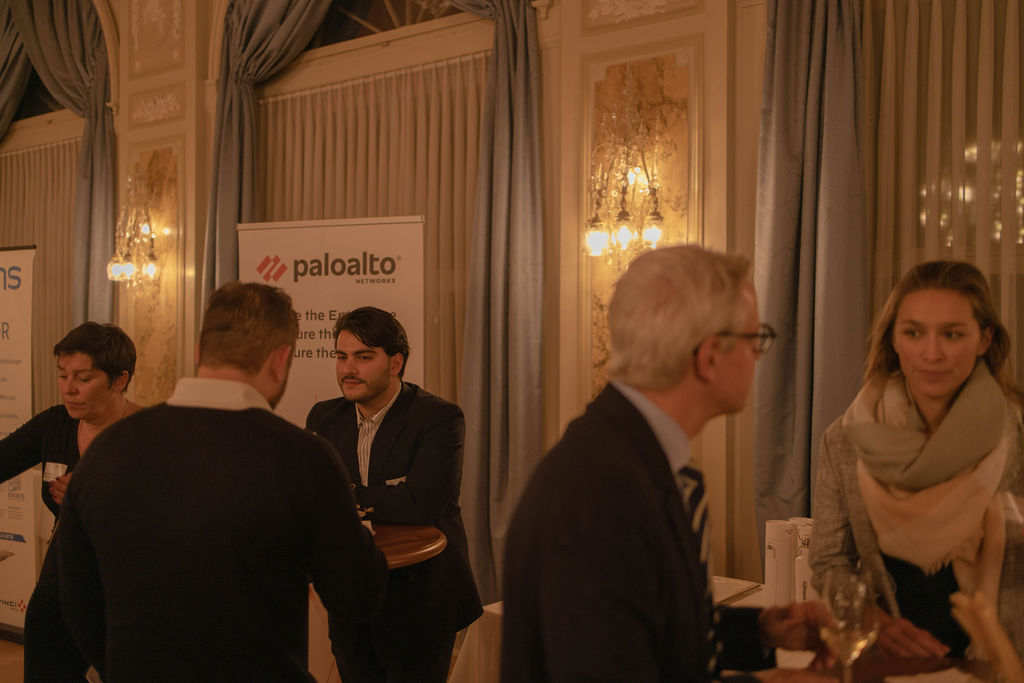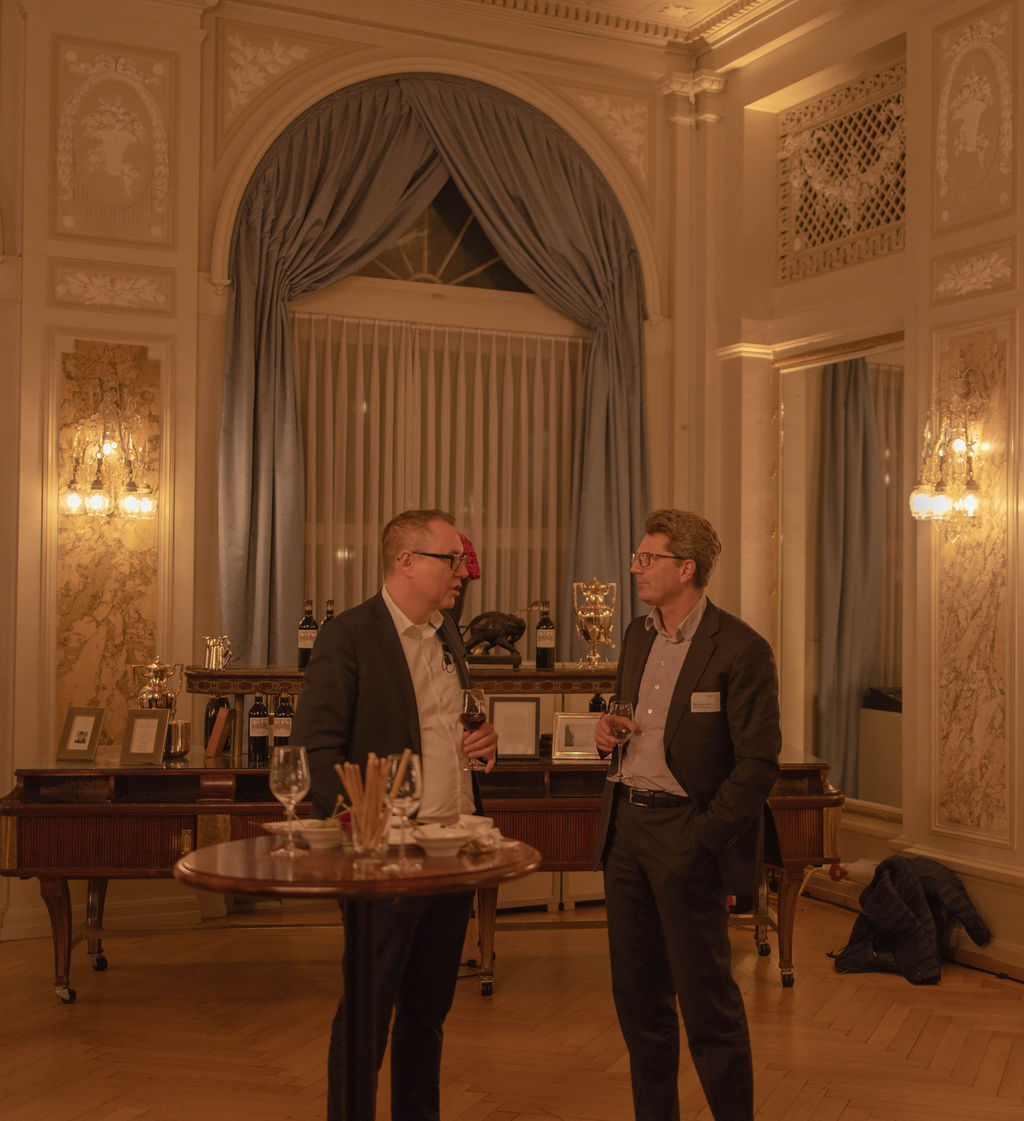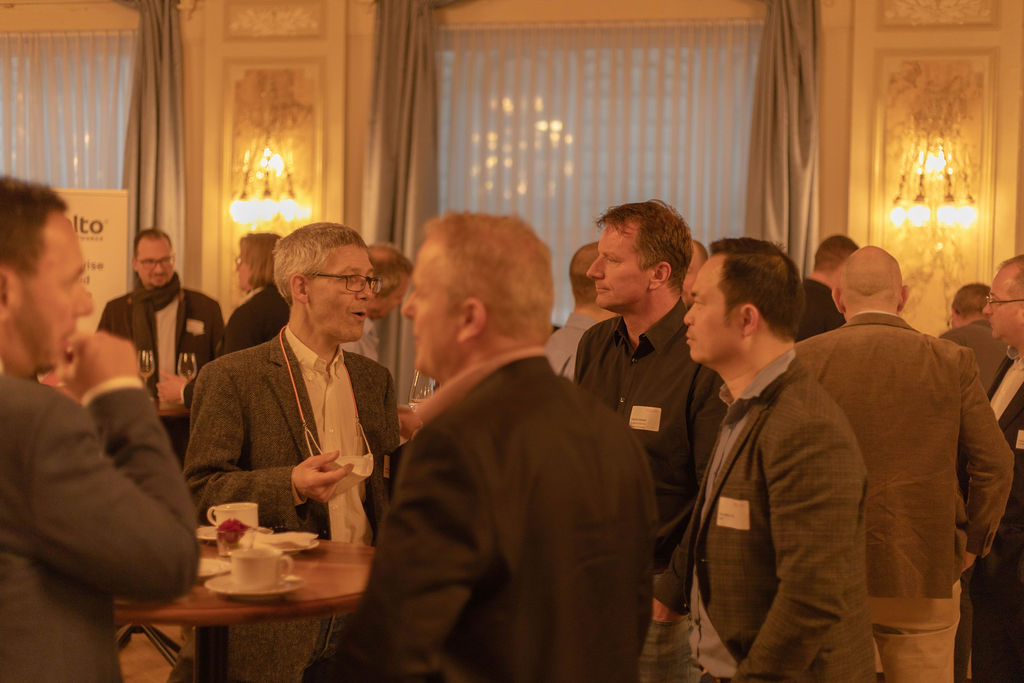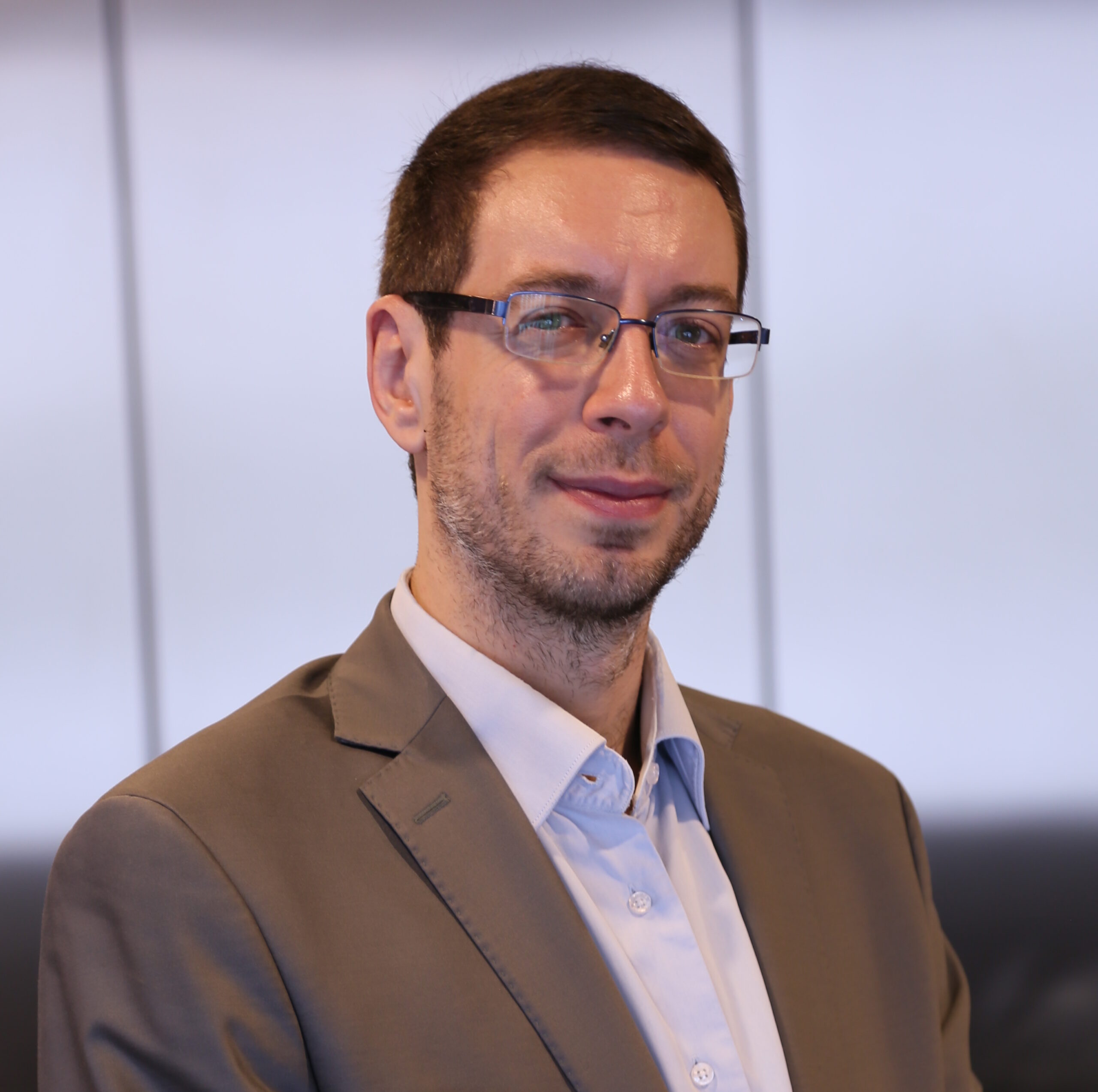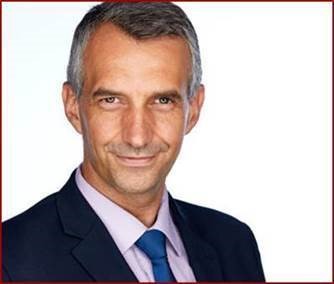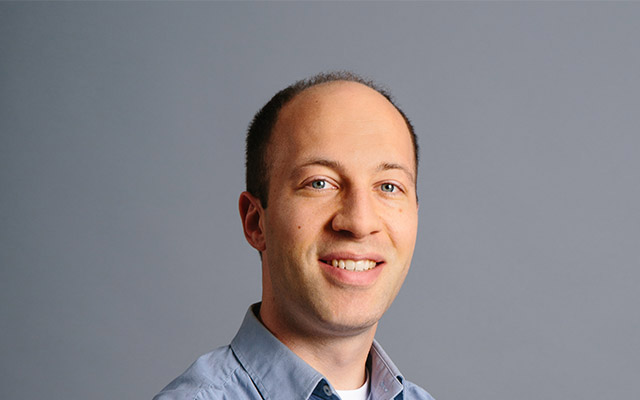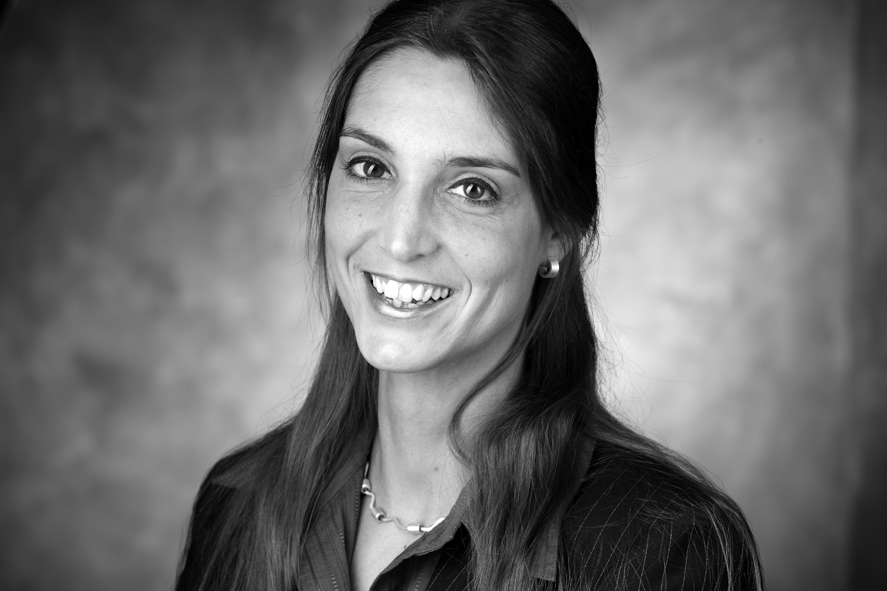Christian Holz, assistant professor in Computer Science at ETH Zürich
Christian Holz is an assistant professor in Computer Science at ETH Zürich, where he leads the Sensing, Interaction & Perception Lab. His research focuses on interactive technologies, particularly in the space of Mixed Reality, mobile computing, and usable security. A second theme of the lab’s projects is on wearable and continuous healthcare monitoring for predictive diagnostics. Christian’s background is in software engineering and human-computer interaction, which he combines with hardware engineering, machine learning, and experimental methods to execute projects end-to-end, from inception and implementation to field deployments for validation under ecologically valid conditions. Before joining ETH, Christian was a research scientist at Microsoft Research in Redmond, Washington and before that at Yahoo Research, California. Christian Holz’s work has received a distinguished paper award as well as several best-paper awards and honorable mention awards at the premier venues in Human-Computer Interaction and Ubiquitous Computing and has been featured in top media venues, such as MIT Technology Review and the New Scientist. Technology Review named Christian Holz one of the ten best innovators under 35 in 2014. He received his Ph.D. in Computer Science as well as a master’s and bachelor’s degree in Software Engineering from Hasso Plattner Institute, University of Potsdam, the highest-ranked Computer Science department in Germany.
Abstract seines Referates (Referat in Deutsch)
In this talk, I present a new perspective on user authentication on touch devices. Instead of explicit logins that precede all device use, I propose authenticating users each and every time they interact with the device, thereby integrating authentication seamlessly into regular interaction. I present a series of prototype systems for mobile authentication that capture biometric features to make this process convenient for users. My prototypes either use built-in biometric sensors or appropriate the touchscreen as an image sensor, bringing biometric authentication to the vast majority of commodity mobile devices. Finally, I take this approach to the level of individual interactions and show prototypes that recognize users from each touch event. One solution is to sense the user’s fingerprint directly upon touch. To accomplish this on today’s touchscreens, I demonstrate a wearable prototype that senses biometric features and modulates them onto the user’s skin. This enables touchscreens to capture these biometric features as part of sensing regular touch input. As a result, authentication is transparent to the user and secure throughout interacting. I conclude by discussing the implications of this approach on existing operating systems and their user interfaces. I will also demonstrate the implications of this cross-device authentication approach for today’s authentication mechanisms in web-based environments. More info: https://siplab.org/


